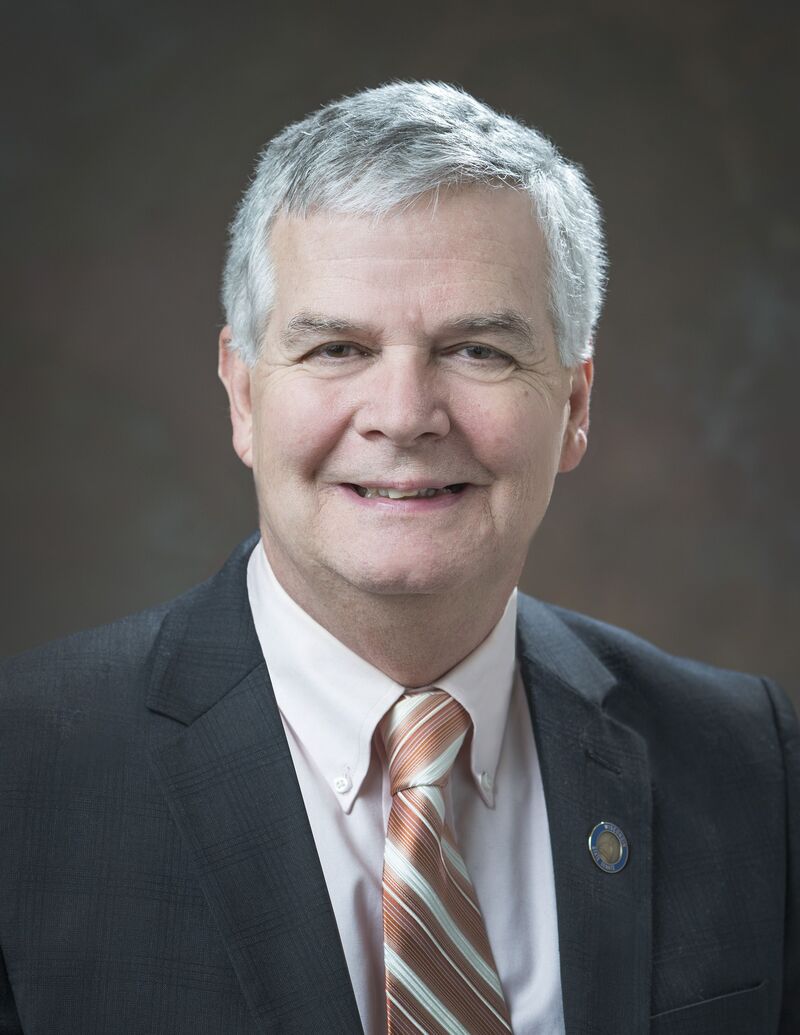Please note, this weekly column contains sensitive information regarding domestic violence and assault, which may be triggering for some readers.
We often focus on highly visible forms of violence in our society, like mass shootings. However, domestic violence happens every day in every town and neighborhood, and it often goes unreported or even unnoticed.
Since 1987, our country has recognized October as Domestic Violence Awareness Month (DVAM) to bring attention to the incredibly prevalent, but hidden, issue of domestic violence. According to the Domestic Violence Awareness Project, DVAM stemmed from the “Day of Unity” organized by the National Coalition Against Domestic Violence to remember victims, honor survivors and connect violence-prevention advocates.
Years later, advocates continue to work to address domestic violence and lead violence-prevention efforts. Domestic violence deeply affects families and neighborhoods across the country and there’s more we must do to ensure our communities are safe. As Domestic Violence Awareness Month begins, we must do everything we can to support survivors and end violence.
It’s difficult to simply define domestic violence because it can take so many different forms. The Domestic Violence Awareness Project interprets domestic violence “as a pattern of abusive behaviors including physical, sexual, and psychological attacks as well as economic coercion–used by one intimate partner against another (adult or adolescent) to gain, maintain, or regain power and control in the relationship.”
Abusive behaviors and relationships can lead to life-threatening consequences. Last week, the non-profit organization, End Domestic Abuse Wisconsin, released the 17th annual edition of the Wisconsin Violence Homicide Report. This report provides a summary of all homicides connected to domestic violence in 2018.
During the past year, there were 37 deaths linked to domestic violence in 19 Wisconsin counties, meaning an individual was killed every 7.5 days. The organization’s report indicated that 65% of domestic violence homicides involved a firearm, making this the most commonly-used weapon in these incidents. Additionally, the report revealed that 2018 was “the first year rural areas had a greater percentage of domestic violence homicides than urban areas in Wisconsin” since they began tracking this statistic.
Although domestic abuse victims and survivors tend to be women between the ages of 18 and 25, domestic violence affects individuals of all identities and backgrounds. Wisconsin district attorneys are required to report all law enforcement involvement in domestic violence incidents to the Wisconsin Department of Justice. Despite this sophisticated tracking system, domestic violence incidents impacting members of the most marginalized social groups have been historically underreported or neglected altogether.
Violence-prevention advocates have identified the alarming rate of missing and murdered Indigenous women in our state and country. End Domestic Abuse Wisconsin identified how “native women are subjected to higher levels of violence, including trafficking, sexual assault, domestic abuse and homicide, than virtually any other group.” According to the Wisconsin Coalition Against Sexual Assault, “murder is the third leading cause of death for American Indian and Alaskan Native Women.”
Last week, my legislative colleagues introduced a bill that would create a task force on murdered and missing tribal women and girls. The task force would include members of tribal governments, survivor advocates, members of the Legislature, law enforcement officers and more. This group would have a number of responsibilities, which includes learning how to better track this data, understanding the systemic sources of violence that tribal women and girls experience and the measures to address this violence to help communities heal.
I’m a proud co-sponsor of this bill, but I’m aware there is more we can do to make our communities safer. Be sure to support survivors by listening and serving as an advocate. We must continue to promote awareness about domestic violence and actively work for a safe future for all.
There are resources available if you or someone you know is a victim of domestic abuse. For immediate assistance, call the National Domestic Violence Hotline at 1-800-799-SAFE(7233).



Add new comment